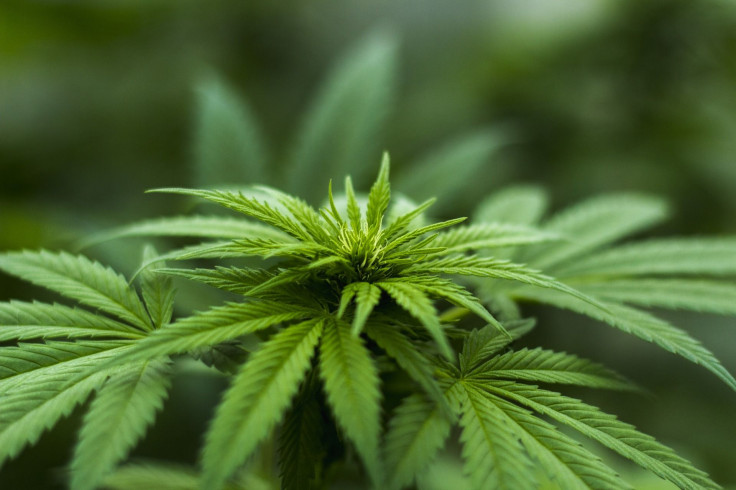Misconception can happen all the time and a recent study pointing out how cannabis may help protect people against COVID-19 has unfortunately been taken out of context.
A recent study published by a team of researchers from the Oregon State University suggested that cannabis had the magic formula to protect humans from COVID-19.
Considering that the pandemic has been a growing concern these days, some got the impression that smoking weed would help in everyone’s fight against the virus. Unfortunately, this was never stated in the study.
What was stated is that hemp plants do have compounds that can help battle COVID-19. Specifically, this refers to acids that become active cannabinoids only after heat is applied, preventing entry of the novel coronavirus that causes COVID-19 into isolated human cells.
Hence, if the proper amount of alleged cannabis-derived preparations is determined, this could help in the fight against the coronavirus. It was never stated that smoking weed was the answer, Forbes reported.
According to Richard van Breemen, a professor of medicinal chemistry at Oregon State and the study’s lead author in an interview with VICE, the researchers intended to investigate what natural products might help humans fight off the virus.
They found three compounds in hemp that had the ability to spike protein. These were cannabidiolic acid (CBD-A), cannabigerolic acid (CBG-A), and tetrahydrocannabinolic acid (THC-A).
Further, it was explained that these are compounds one should not ingest when eating an edible or smoking a joint. Acids are only transformed when heat is applied.
“What happens in a test tube does not always translate into what happens in animals or humans,” Dr. Patricia Frye, a physician and cannabis expert who practices integrative medicine and teaches at the University of Maryland School of Pharmacy, said.
“And given that there are now treatments for Covid infections in at-risk patients (monoclonal antibodies, anti-virals), I would not recommend using cannabis in lieu of available treatments if a person is at high risk of poor outcome,” Frye added.

© 2025 Latin Times. All rights reserved. Do not reproduce without permission.




